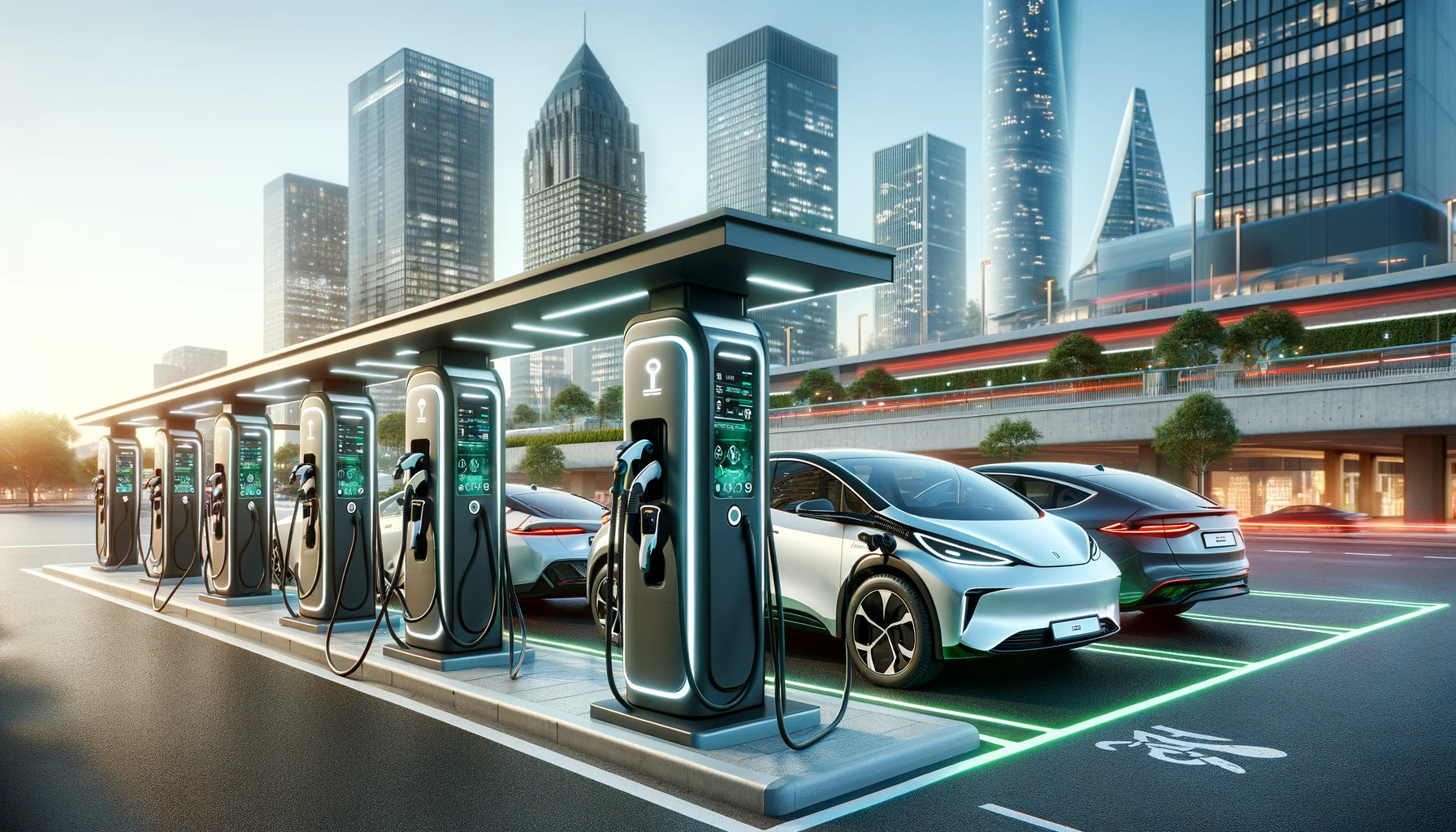The transition to electric vehicles (EVs) is accelerating, with businesses across the nation increasingly incorporating EV chargers into their commercial properties. Beyond the environmental benefits and the appeal to eco-conscious consumers and employees, there’s a financial incentive to install commercial EV chargers: significant tax credits. This blog post will guide you through the tax credits available for commercial EV chargers, helping you understand how to leverage these incentives to not only support sustainability but also enhance your bottom line.
Understanding the Federal Tax Credit for Commercial EV Chargers
The federal government offers a tax credit for businesses that install EV charging stations, underlining its commitment to reducing carbon emissions and promoting the use of electric vehicles. This credit can cover a portion of the cost associated with the purchase and installation of EV chargers, making it a financially savvy investment for businesses of all sizes.
How Much Can You Save?
The federal tax credit for installing commercial EV charging stations can offset 30% of the cost, up to $30,000. This substantial saving can significantly reduce the initial investment required to install EV chargers, making it an attractive proposition for businesses looking to add this amenity to their offerings.
Eligibility Criteria for the Tax Credit
To qualify for the tax credit, there are specific criteria that businesses must meet:
- The EV charging station must be installed at a commercial property.
- It must be available for use by employees, customers, or the general public.
- The installation must comply with all applicable federal, state, and local laws and regulations.
Understanding these eligibility requirements is crucial for businesses to ensure they can take full advantage of the available tax credits.
State and Local Incentives
In addition to federal tax credits, many states and local municipalities offer their own incentives for the installation of commercial EV chargers. These can include additional tax credits, rebates, and grants, further reducing the cost of installation. It’s important for businesses to research the specific incentives available in their area, as these can vary significantly from one location to another.
How to Claim Your Tax Credits
Claiming the tax credit for commercial EV chargers involves filing the appropriate forms with your federal tax return. Businesses should consult with a tax professional to ensure they correctly navigate the process, maximizing their financial benefits while adhering to all regulatory requirements.
The Benefits Go Beyond Tax Savings
While the tax credits available for commercial EV chargers present a compelling financial incentive, the benefits of installing these chargers extend far beyond tax savings. They include:
- Attracting Customers: EV chargers can attract eco-conscious customers and signal your business’s commitment to sustainability.
- Supporting Employees: Providing EV charging at the workplace can enhance employee satisfaction and help attract top talent.
- Reducing Carbon Footprint: By supporting the use of electric vehicles, businesses can play a crucial role in reducing carbon emissions and combating climate change.
Conclusion
The available tax credits for commercial EV chargers offer businesses a significant opportunity to invest in sustainable infrastructure while enjoying considerable savings. By understanding and leveraging these financial incentives, businesses can not only reduce their initial investment costs but also position themselves as leaders in the green economy, attract a broader customer base, and contribute to a more sustainable future.
As the push towards electrification continues, the time is ripe for businesses to explore the benefits of installing commercial EV chargers. With federal and state incentives in place, there’s never been a better time to make the switch to a more sustainable, electric-powered future.


